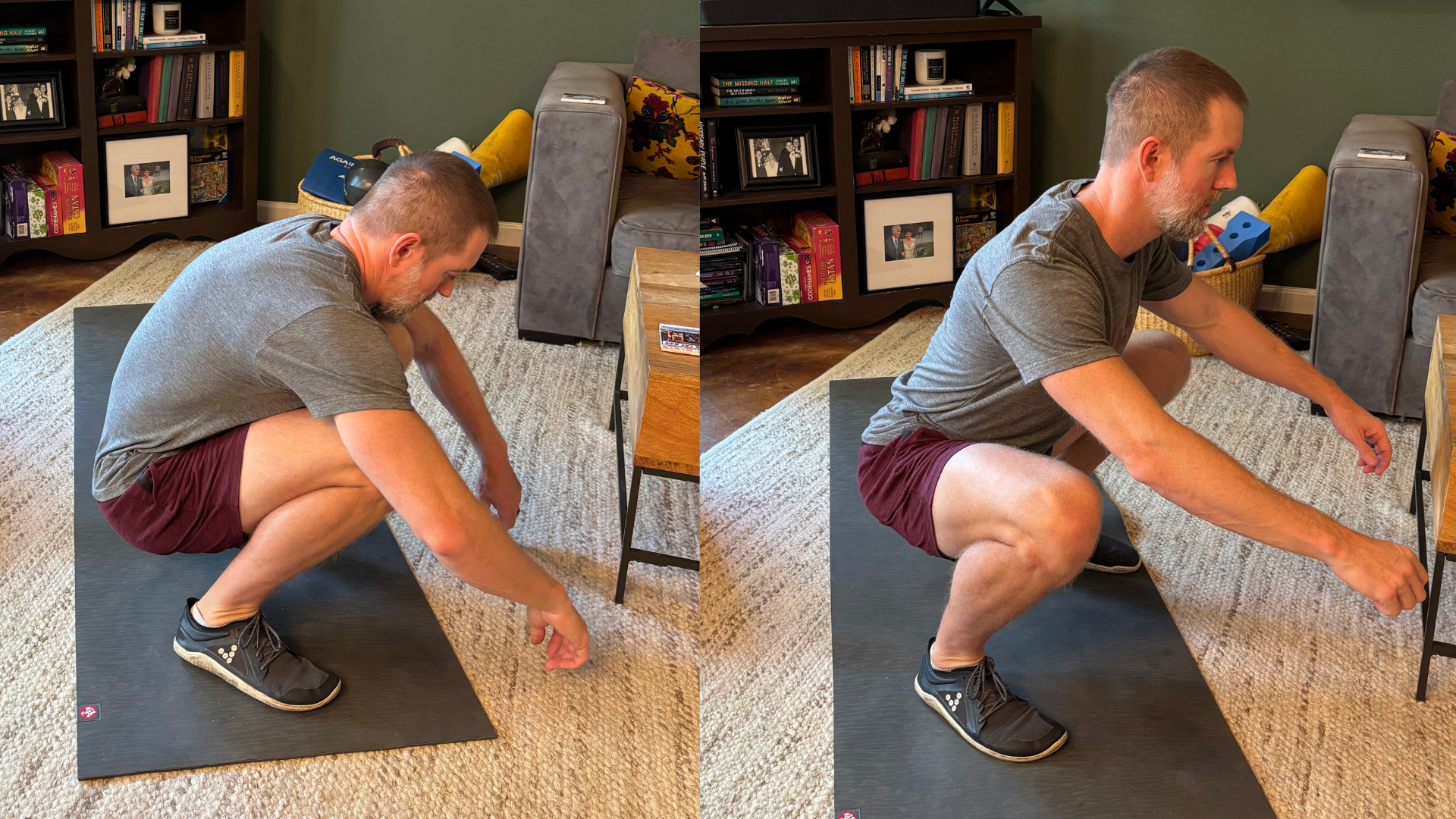A Growth Mindset
Written by Kyle Ligon - MovementLink.FIT Head Coach
From the outside looking in, it is very easy to identify those who will have great success along their health and fitness journey and those who will struggle to get results. For the most part, all you need to do is pay attention to how people speak. It’s not exactly in the words they choose to use or not use, it’s in each person’s perspective on talent and inherent qualities. Along with adopting a Stress is Enhancing Mindset, those who embrace growth and self-improvement as a constant part of their lives do amazing things and those who feel they are limited for various reasons tend to struggle.
In contrast to a growth mindset, let's take a quick look at the fixed mindset that plagues and holds back most people from achieving great things. People with a fixed mindset believe that their talents and abilities are mostly set in stone. They believe that they are either athletic or not, smart or not, talented at something or not, and that there is little they can do to change these qualities. This fixed mindset drives people to be incredibly fearful of failure. When people think many of their qualities are inherent, if they fail at something, their identities will be permanently scarred. They actually don’t even need to fail to have an identity crisis. If something they are “supposed to be good at” is more challenging than they expected, even struggling a little bit with something can poke holes in their perceived identity. They think, “Maybe I am not as [smart, athletic, etc.] as I thought because this would be easy for someone who is [smart, athletic, etc.].” Since they think those things can’t change much, then they are really in trouble. This thinking typically leads to tons of fear and anxiety around things that may test what they identify as being good at because, to them, any negative results speak to something inherently wrong with them that they are mostly stuck with. Additionally, these are the people who tend to justify everything negative in their lives as not their fault, blaming genetics for many of their athletic and health issues, and blaming others and their circumstances to justify poor results or bad decisions. In their mind they must make it something else’s fault because if it is theirs, that issue is permanent.
On the other hand, people with a growth mindset believe that practically anything they want can be developed in major ways through the right amounts and types of effort. They believe that they can learn and grow, that they can become smarter and more talented at anything they put quality effort into. Tests are simply a snapshot of a moment in time and can be used to reflect on how the types, amounts, and quality of experiences and efforts lead to that specific test result. From that information, their strategies can be updated, boosting their future performance. Nerves around testing can be embraced because testing simply provides a way to course correct towards greater and greater things. Instead of justifying and blaming, growth mindset people want to know the truth. They want to understand what’s in their control and they want to put effort into learning and improving…and it pays off in big ways. Think about it, people with a growth mindset are willing to challenge themselves to learn new things, step outside their comfort zones, and face their fears. Who would you bet on? A version of you who is just trying to do the best with their current set of limited skills and inherent qualities or a version of you who is proactively trying to improve and views challenges as opportunities for growth? There has never been a more sure bet to make.
I struggled with the fixed mindset for most of my life. Among many other traits I thought were inherent to me, I considered myself athletic. Over the years, this identity actually started keeping me from participating in activities, especially things I had never done before. When I had the opportunity to try to water ski, I passed. When I had the opportunity to play someone in ping pong who I knew to be good, I passed. When I had the opportunity to play pickleball against other people I didn’t view as “as athletic as me,” I didn’t try hard. I love playing sports, so why was my mind holding me back from playing? It’s so ridiculous looking back at it. It was because I thought that if I couldn’t water ski, if I lost in ping pong, or even if I had to try hard in pickleball against people who weren’t as “athletic as I am”, then maybe I am not as athletic as I thought. So, to protect my identity, I avoided what I considered to be tests, sticking only to the things that I knew I was good at and knew I could win without trying my hardest. Although it is perfectly normal to have a fear of failure, we cannot let that fear stop us from doing things we want ourselves to do. Looking back, it’s obvious that practice and challenge are essential for improvement and failures are inevitable and should be embraced as normal steps towards success.
Now, being better at viewing the world with a growth mindset, I understand that the reason I was “athletic” was simply because of all the time and effort I had put into playing sports as a kid, not because of inherent qualities. If I could water ski or not was not a reflection on if I am athletic or not, but instead simply a reflection of how much of my experiences in that moment transfer to water skiing. The reality is simple: people who are good at water skiing have water skied a lot. It’s taken a while to get here, but now, I am free to experience the world because being bad at something simply tells me that my experiences to that moment have not been the right type and amount that would make me good. I don’t have to, but if I choose to get better, I know I can. Since my growth mindset epiphany that started with CrossFit and had light shed on it from reading Mindset by Carol Dweck, I have gotten really good at a lot of things that I never would have even tried.
For workouts to provide the stimuli needed for the results you’re after, they must be challenging. A growth mindset is crucial for reaching fitness goals, especially for those who are getting started without a big background in athletics. You must believe that any genetic or inherent qualities may change your experience, but will not hold you back from making incredible progress in any areas you’re interested in. The growth mindset is a choice. Our belief in it only grows stronger as those who adopt it reap the benefits and improve in all areas in which they put effort. If you want to be fitter, workout and live a healthy lifestyle and you will get fitter...a lot fitter. If you want to be a good public speaker, practice, and you will become a good public speaker. If you want to be better at a sport, any sport, play and practice that sport, and you will become dramatically better at that sport…regardless of where you start. Instead of weakness or failures saying something inherent about you, they simply show you areas in which you can improve.
I cannot recommend this book enough!
This book is the cornerstone of one of our core values: Maintain a Growth Mindset.
I am interested in extreme health and fitness and what I have found is that our mindset is ultimately what is holding us back or unleashing us to live incredible lives.










